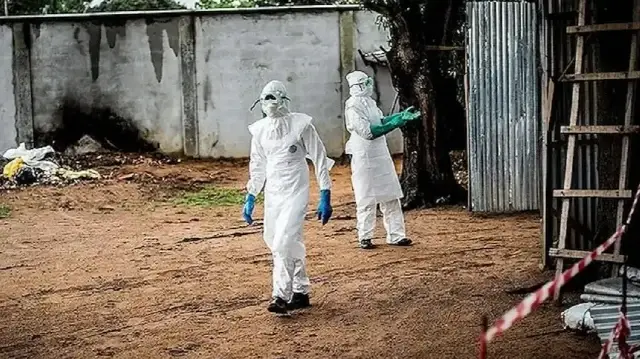A severe cholera outbreak has claimed more than 6,800 lives across Africa this year, according to new data from the Africa Centres for Disease Control and Prevention (Africa CDC). The health body reported 6,854 deaths from 297,394 cases across 23 nations, marking a significant increase compared to the previous year and presenting a major public health challenge for the continent.
Rising Case Numbers and Fatality Rate
The current outbreak shows a case fatality ratio of 2.3%, with a notable surge of approximately 50,000 additional cases compared to the same period last year. During a virtual press conference, Yap Boum II, deputy incident manager at Africa CDC, issued a stark warning that the situation could deteriorate further in the coming months. “If action measures are not implemented on time, cases may surge further due to torrential rains in affected countries,” he stated.
Nations Hardest Hit by the Epidemic
Angola and Burundi are experiencing the most severe impacts of the cholera epidemic, a situation largely attributed to inadequate sanitation infrastructure and limited access to clean water. Health officials noted particularly concerning trends in these countries, with Boum indicating, “There is an escalation of cholera in Burundi, while Angola is experiencing an exponential second wave.” These nations highlight the critical link between waterborne diseases and fundamental public health infrastructure.
Regional Variations and Disease Characteristics
While countries like South Sudan, Sudan, and the Democratic Republic of Congo have seen recent declines in cholera cases, they continue to bear the highest burden of the disease overall. Cholera, a acute bacterial infection caused by consuming contaminated water or food, can lead to severe dehydration and death if left untreated. The uneven distribution of the outbreak across Africa underscores the varying capacities of national health systems to respond to such crises.

